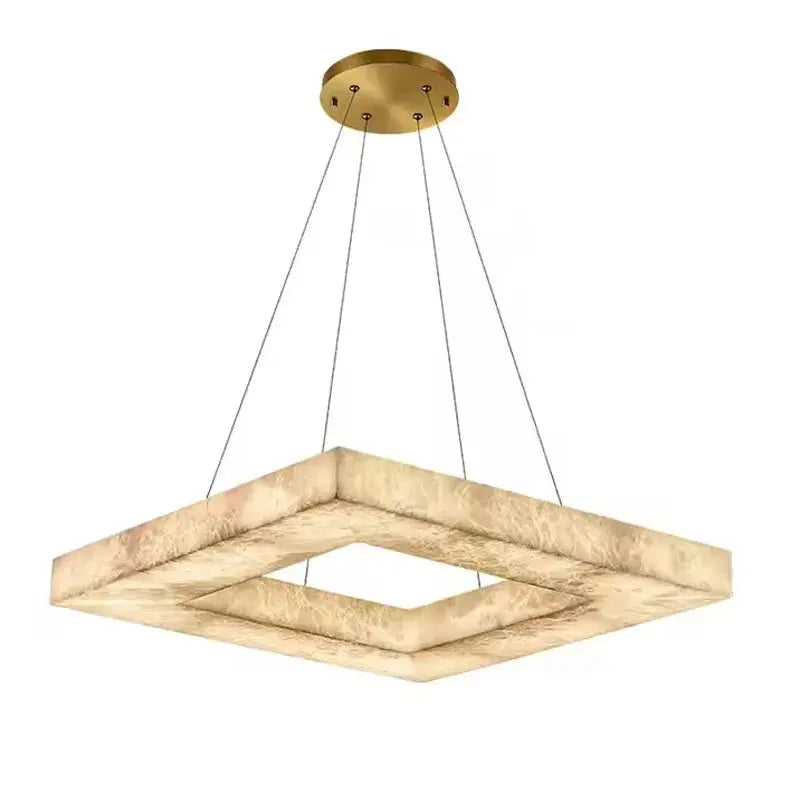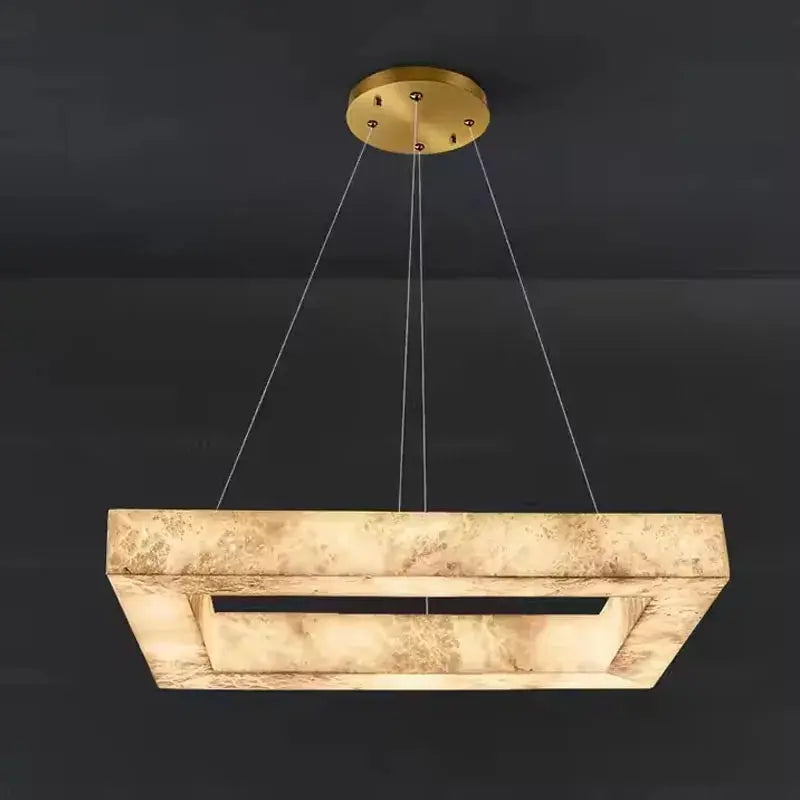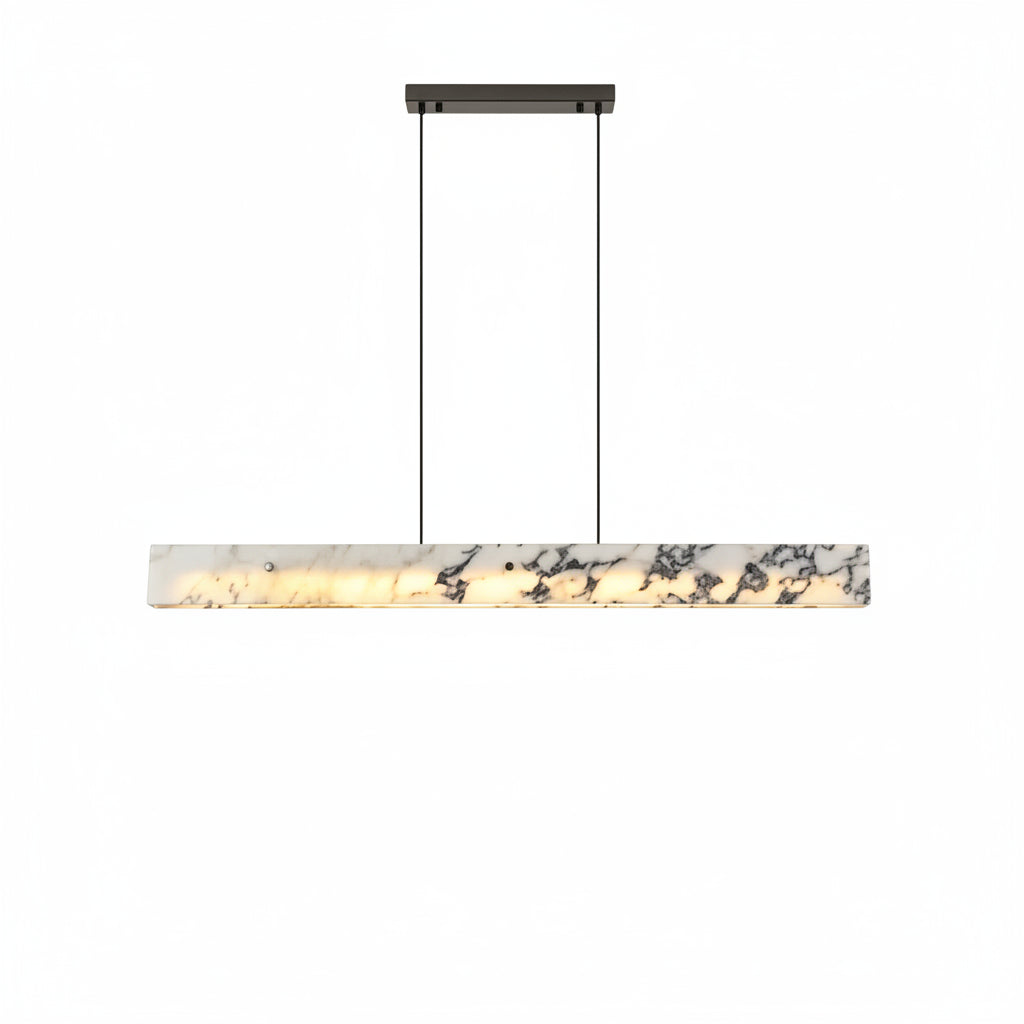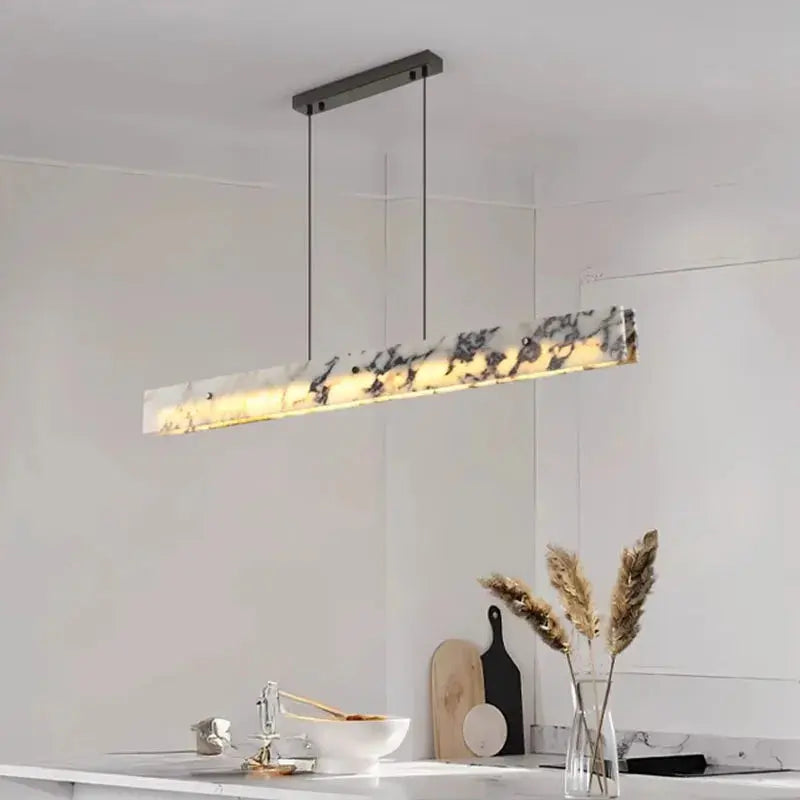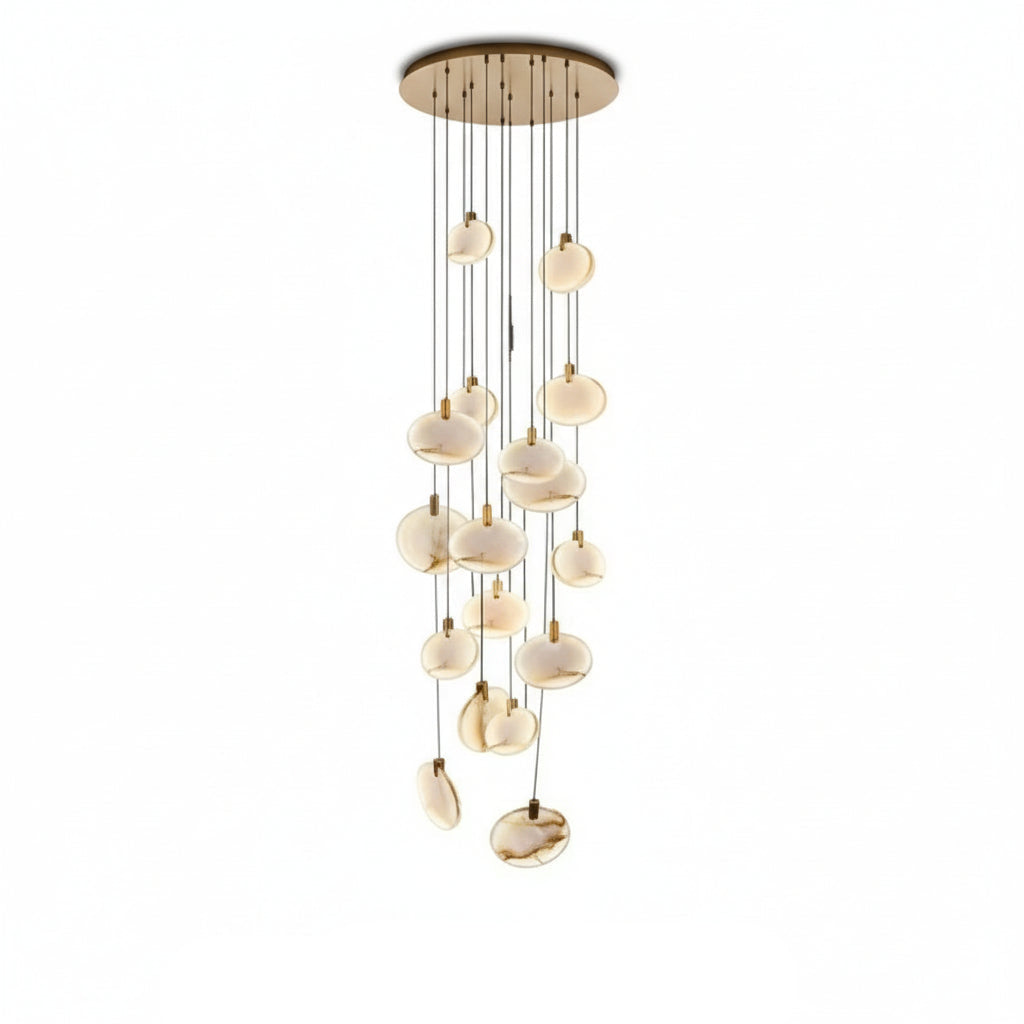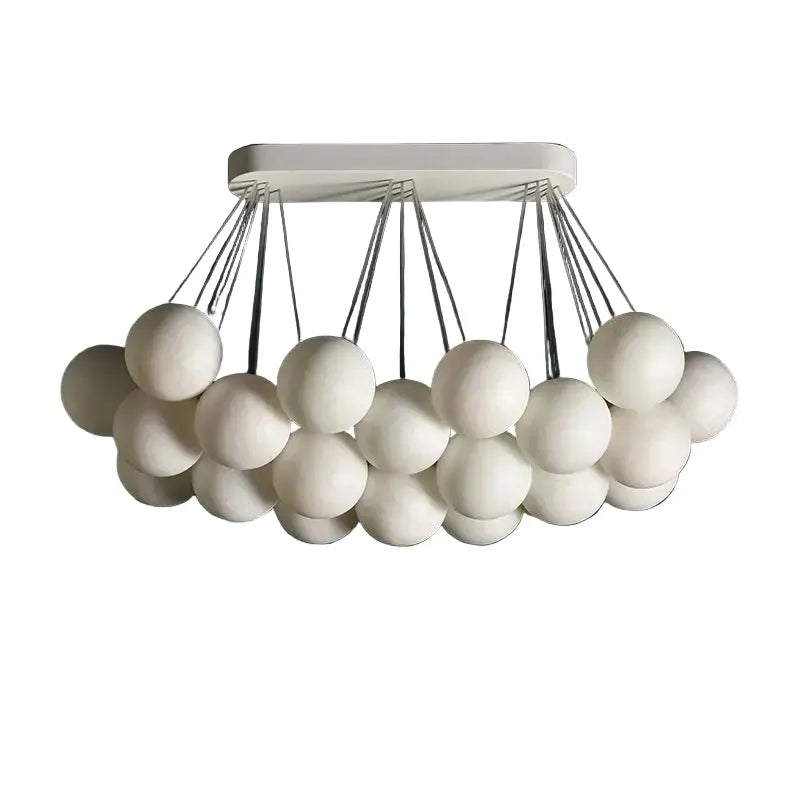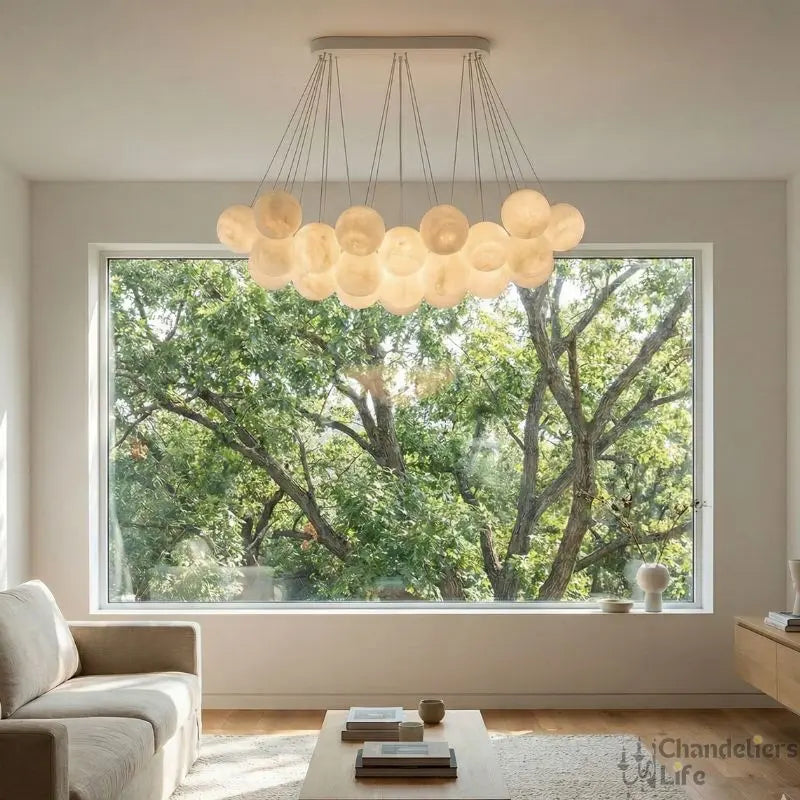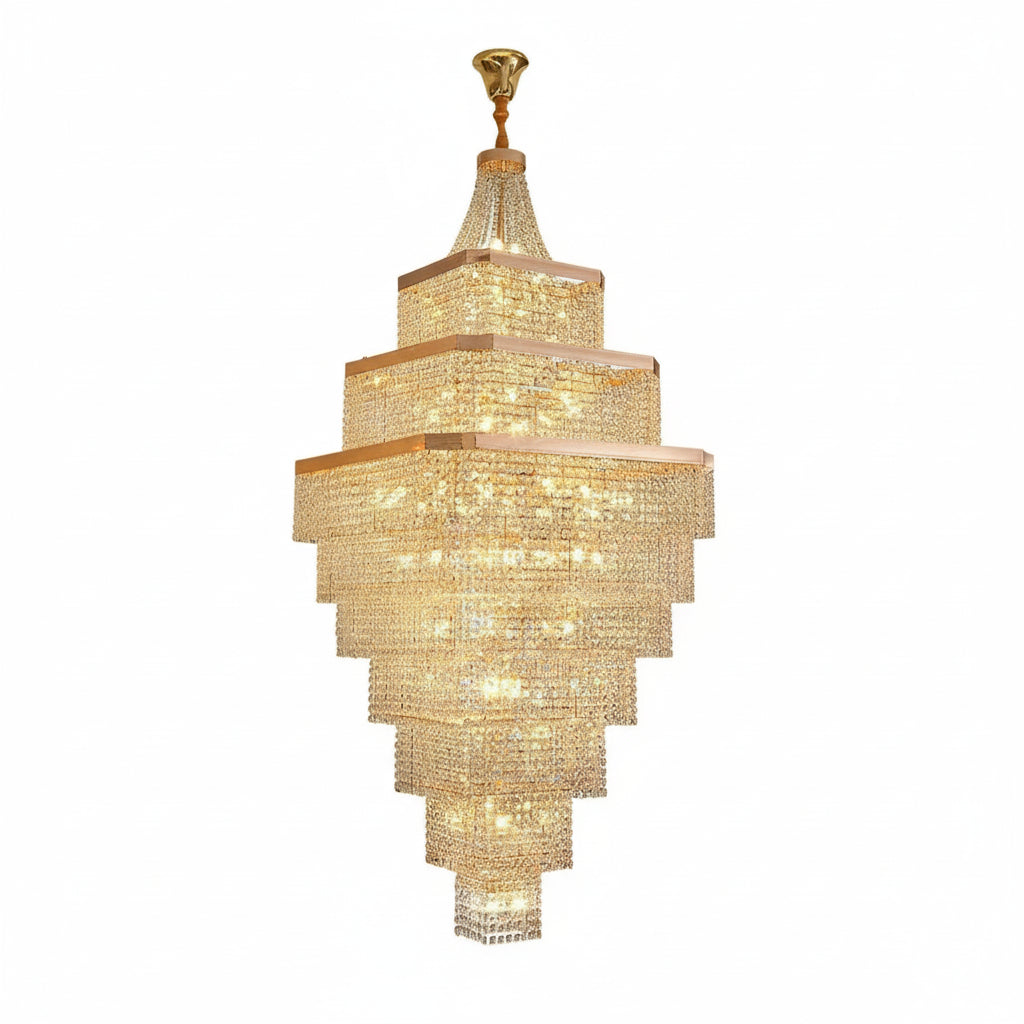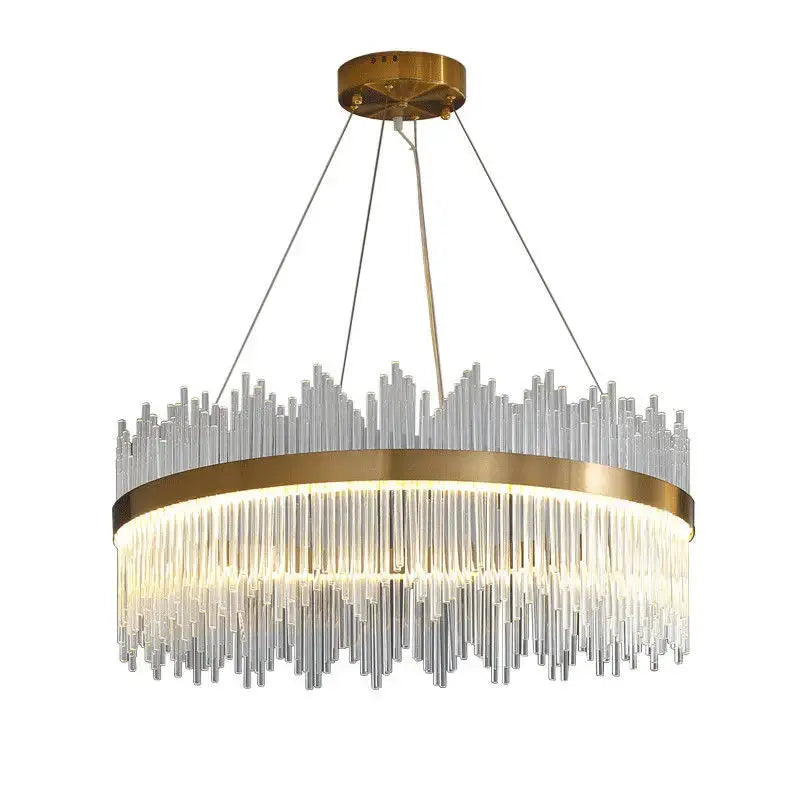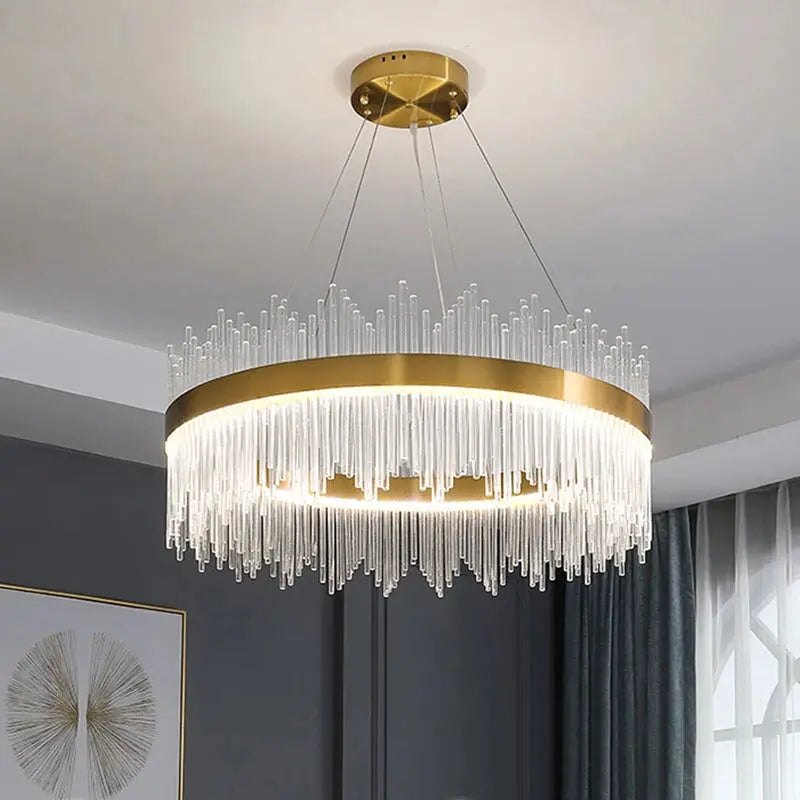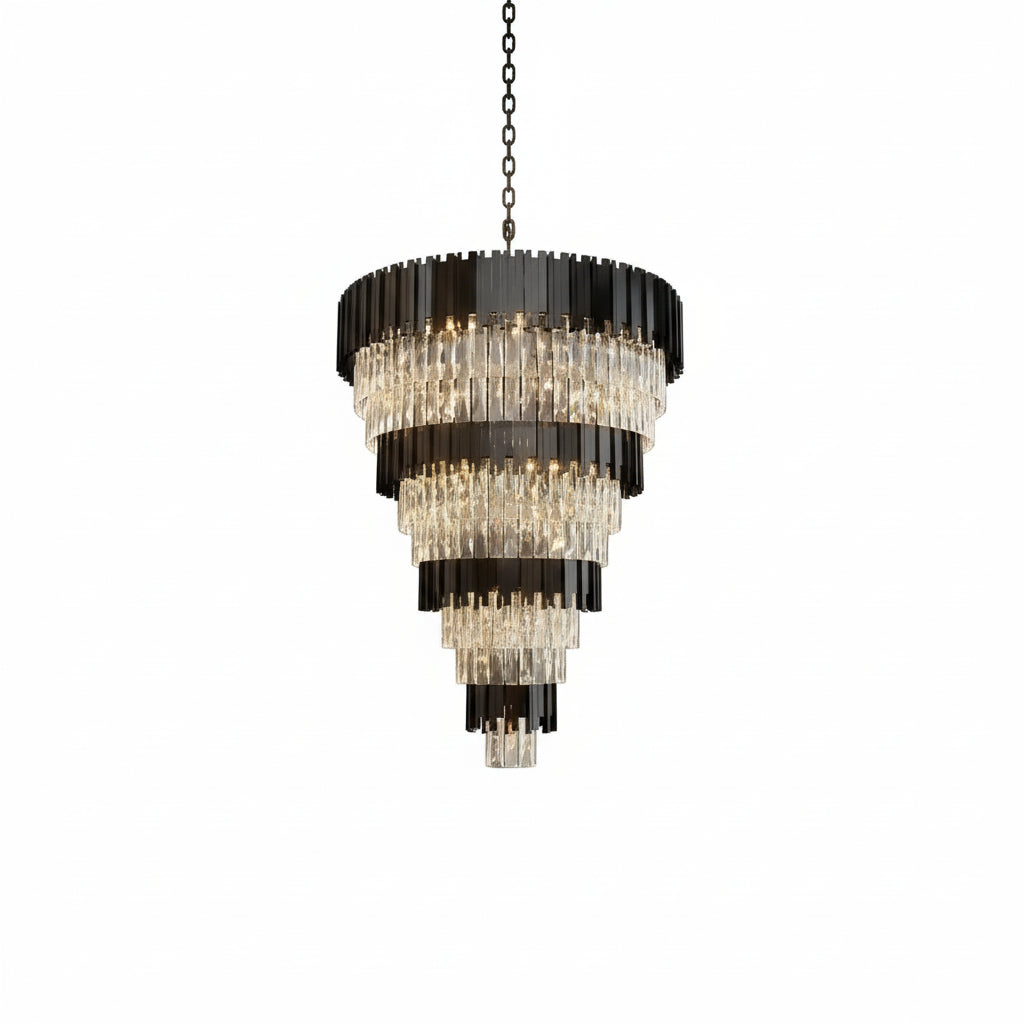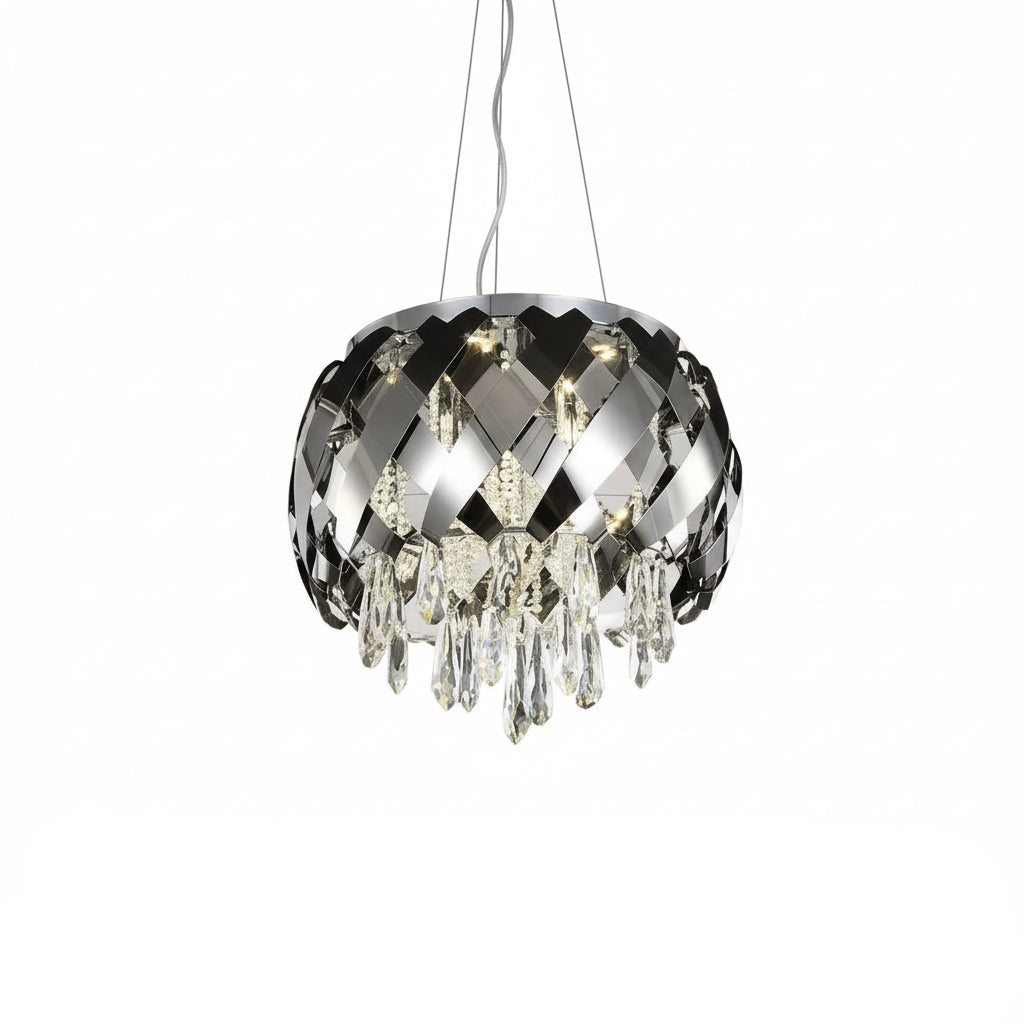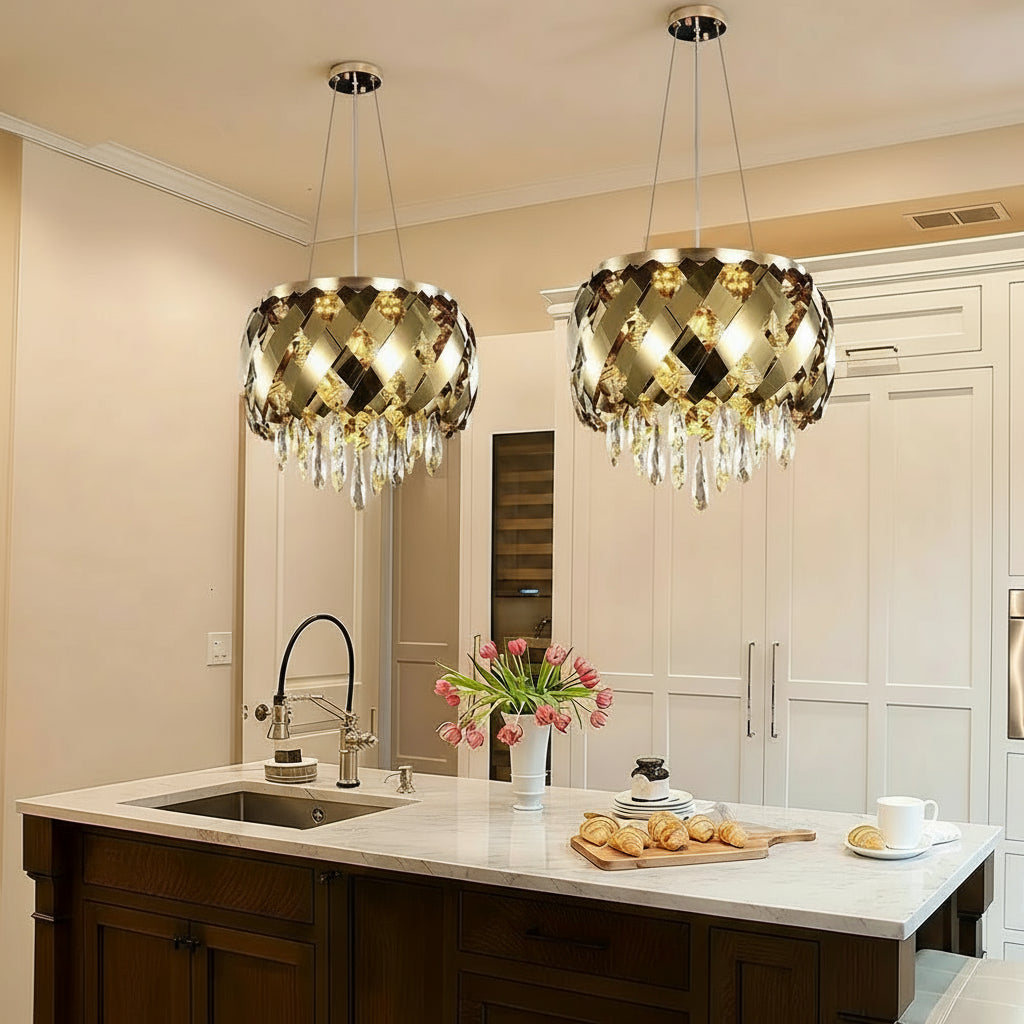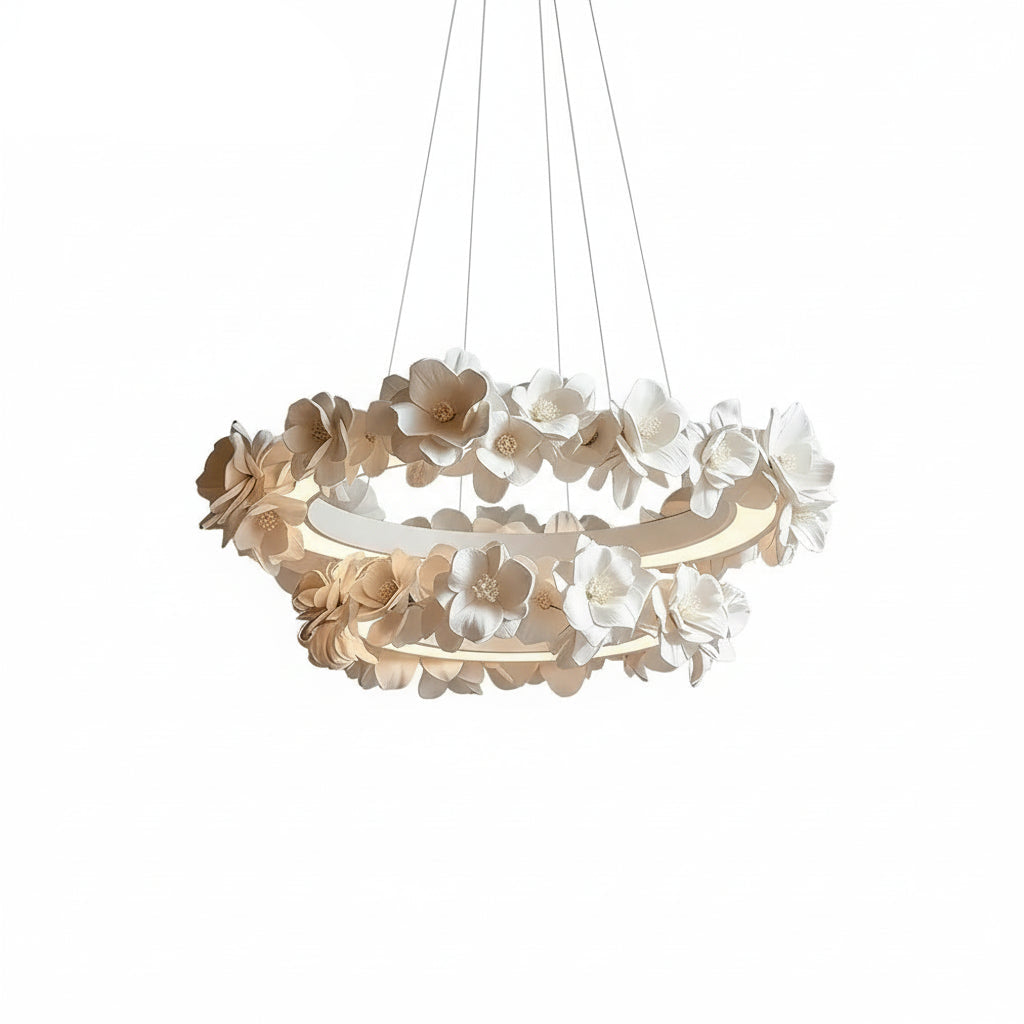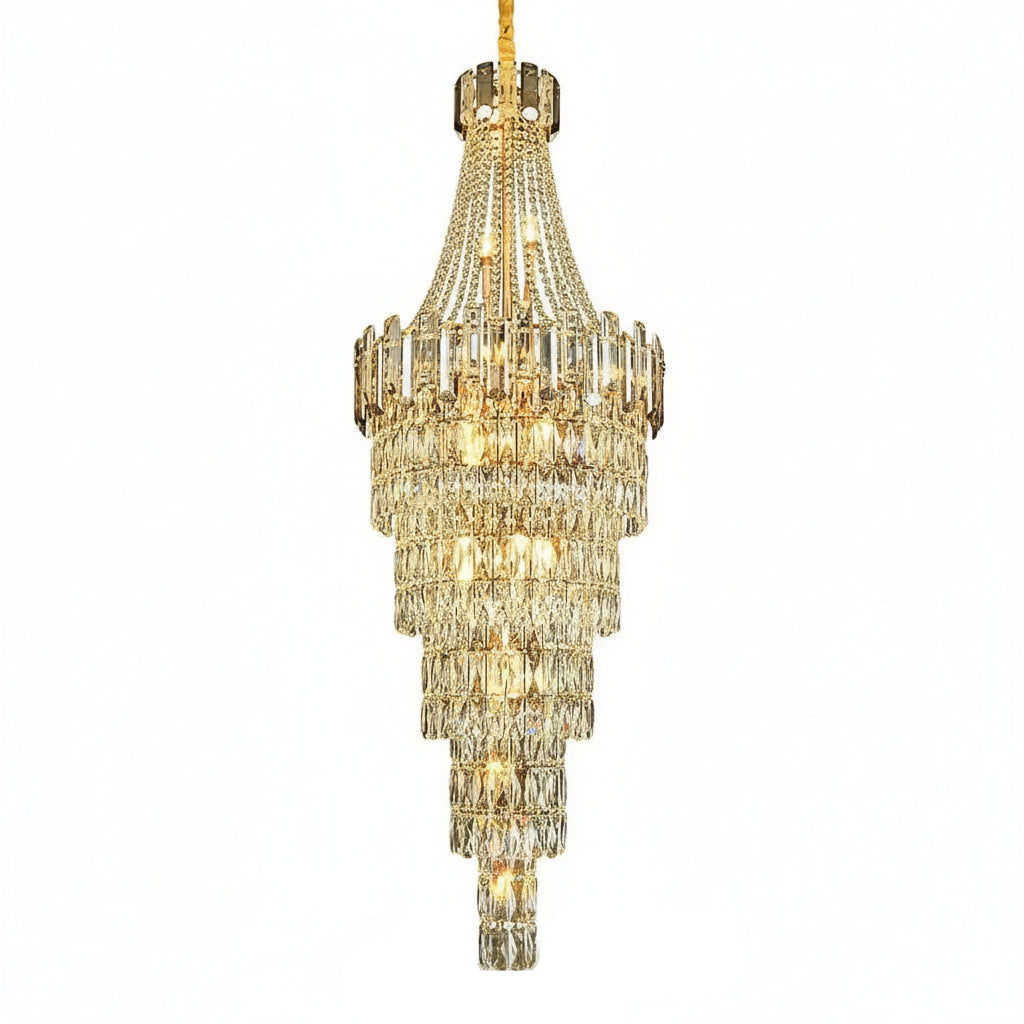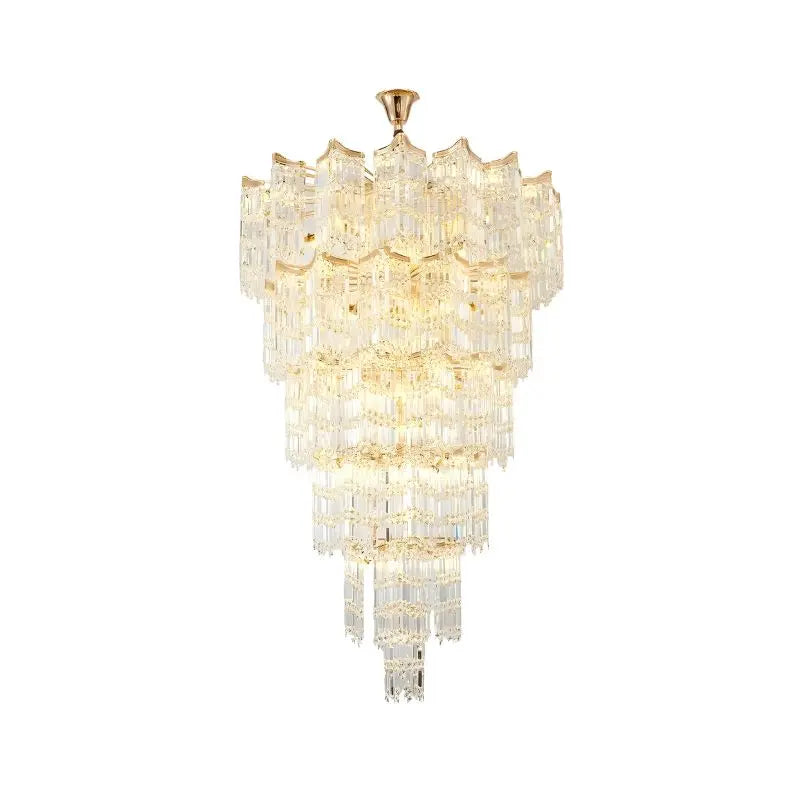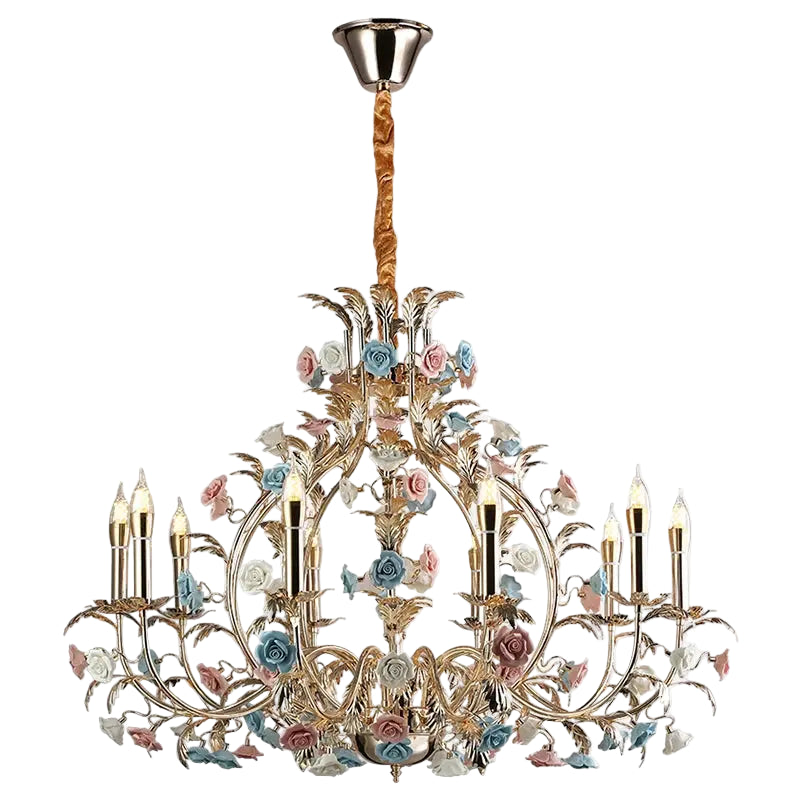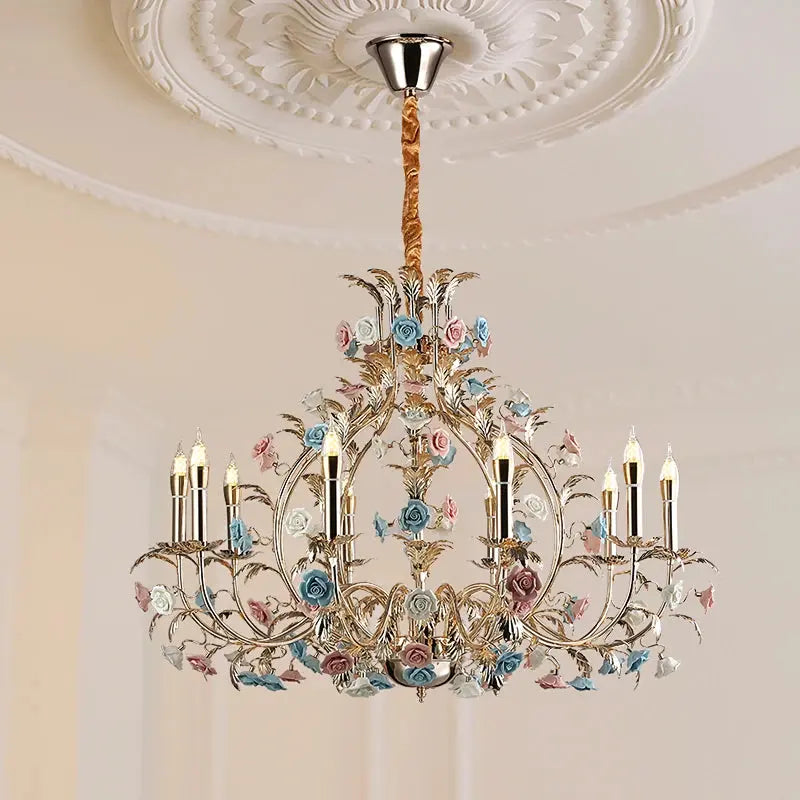Looking to update your home or start a new project? Finding the right tile can make all the difference. But where do you start, especially when you need to find tile stores near me open now? This guide will help you figure out where to go, what to look for, and how to get the best deal for your next tiling job. We'll cover everything from finding stores that are open when you need them to understanding the different types of tiles and what services stores offer.
Key Takeaways
- To find tile stores near me open now, use online search tools and check local business directories for current hours.
- Consider a wide range of tile options, including ceramic, porcelain, natural stone, and mosaics, to match your style and needs.
- Evaluate tile stores based on their customer service, expert advice, and any installation support or supplies they provide.
- Compare prices, look for promotions or clearance items, and see if stores offer tool rentals to get the best value for your purchase.
- Understand that tile flooring is often the most affordable option over its lifetime due to its durability and low maintenance.
Finding Tile Stores Near Me Open Now
Looking for the perfect tile can feel like a treasure hunt, especially when you need it right away. Knowing where to look and what to expect makes the whole process much smoother. Whether you're a DIYer starting a weekend project or a contractor on a tight schedule, finding a tile store that's open and has what you need is key.
Understanding Store Operating Hours
Store hours can really vary. Some places might be open early for contractors, while others cater more to homeowners with later hours or weekend availability. It's always a good idea to check before you head out. A quick call or a look at their website can save you a wasted trip. Some stores even have extended hours during peak renovation seasons.
Utilizing Online Search Tools
These days, your phone is your best friend for finding local businesses. Tools like Google Maps, Yelp, or even just a simple web search for "tile stores near me" can give you a list of options. You can often see their hours, read reviews from other customers, and sometimes even get directions. Look for features that let you filter by "open now" to see only the places that are currently open for business.
Checking Local Business Directories
Beyond the big search engines, local business directories or even community websites can be helpful. Sometimes, smaller, specialized stores might be listed there. If you're looking for something very specific, like a particular type of mosaic or natural stone, these directories might point you to a place you wouldn't find otherwise. It's worth a few extra minutes of searching to find that hidden gem.
Don't forget to check if the store has a specific department for tile or if it's part of a larger home improvement store. Sometimes, the best selection is in a dedicated space.
Here's a quick rundown of what to look for:
- Current Hours: Verify they are open today.
- Location: Is it convenient for you?
- Customer Reviews: What do others say about their selection and service?
- Product Range: Do they seem to carry the types of tiles you're interested in?
Exploring Tile Selection and Styles
When you're looking for tiles, it's easy to get overwhelmed by all the choices. But don't worry, most stores are set up to help you sort through it all. You'll find a huge variety, and understanding the main types can make your decision much simpler.
Discovering Ceramic and Porcelain Options
Ceramic and porcelain tiles are super popular, and for good reason. They're made from clay that's fired in a kiln, which makes them really hard and durable. Porcelain is actually a type of ceramic, but it's fired at higher temperatures and uses denser clay, making it even tougher and less porous than regular ceramic. This means it holds up better in wet areas and can even be used outside.
- Ceramic: Great for walls, backsplashes, and floors in lower-traffic areas. It's easy to cut and install.
- Porcelain: Ideal for high-traffic floors, bathrooms, kitchens, and outdoor spaces due to its strength and water resistance.
Both come in a massive range of colors, patterns, and finishes, mimicking everything from wood to natural stone. Porcelain is generally considered the more robust option for most home applications.
Considering Natural Stone and Mosaics
If you want something a bit more unique, natural stone tiles are a fantastic choice. These are quarried directly from the earth, giving each piece its own character.
- Granite: Known for its extreme durability and resistance to scratches and heat. It has a distinctive speckled look.
- Slate: Offers a rustic, earthy feel with natural cleft surfaces. It's quite durable but can be prone to chipping if not sealed properly.
- Marble: Gives a luxurious, classic look with beautiful veining. It's softer than granite and requires more careful maintenance to prevent staining and etching.
Mosaics are smaller tiles, often grouped together on a mesh backing for easier installation. They're perfect for adding decorative accents, creating intricate patterns, or tiling curved surfaces. You can find mosaics made from glass, ceramic, stone, or metal.
Choosing natural stone means embracing the unique variations in color and pattern that come from the earth. It adds a touch of natural beauty to your home that manufactured tiles can't quite replicate. Just be prepared for a bit more upkeep to keep it looking its best.
Identifying Latest Trends in Tile Design
Tile design is always changing, but some trends stick around because they just look good. Right now, you'll see a lot of large-format tiles, which means fewer grout lines and a more continuous look. Think big squares or long planks that can make a room feel bigger.
Another big trend is textured tiles. These aren't just flat and smooth; they have patterns, reliefs, or finishes that add a tactile element. This can be anything from subtle geometric patterns to tiles that mimic the look of fabric or wood grain.
We're also seeing a lot of interest in sustainable and eco-friendly tile options, like recycled glass or tiles made with a lower environmental impact. And don't forget about bold colors and patterns – people are using tiles to make a statement in kitchens and bathrooms, not just as a neutral background.
Evaluating Tile Store Services
Assessing Customer Service and Expert Advice
When you're looking at tile stores, don't just focus on the pretty patterns. Think about the people working there. Good customer service can make or break your project. Are they friendly? Do they seem like they know their stuff about different tile types, like ceramic versus porcelain, or the best way to care for natural stone? It's helpful if they can offer advice without being pushy. Sometimes, you might get a designer or a specialist who can really guide you, especially if you're unsure about what will work best in your space. It's a good sign if they're happy to answer all your questions, even the basic ones.
Understanding Installation Support and Supplies
Beyond just selling you tiles, a good store will also have what you need to get them installed. This means they should stock things like grout, adhesive, spacers, and maybe even tools you can borrow or rent. Some places might even have recommendations for local installers if you're not doing it yourself. It’s worth asking if they have any special deals on installation supplies when you buy your tiles.
- Check if they sell all the necessary installation materials.
- Ask about tool rental or loan programs.
- Inquire about recommendations for professional installers.
Learning About Fabrication and Customization
For some projects, you might need tiles cut to specific shapes or sizes, especially for countertops or intricate designs. A store that offers fabrication services can be a real lifesaver. This means they can cut, polish, or even create custom edges for your tiles. It saves you the hassle of finding a separate service for this. If you have a unique idea, ask if they can help bring it to life with custom work.
Some stores offer a refundable deposit on tile samples, which is a smart way to test out colors and textures in your own home before committing to a large purchase. It’s a small detail, but it shows they care about you making the right choice.
Making the Most of Your Tile Purchase

So, you've found the perfect tiles and you're ready to buy. But before you hand over your cash, there are a few smart moves you can make to really get the best deal and make sure your project goes smoothly. It’s not just about picking out pretty patterns, you know.
Comparing Pricing and Value
Don't just grab the first tile you like. Prices can really vary between stores, even for what looks like the same product. Take a little time to shop around. Check out different tile shops, and even look online if you can. Sometimes, a slightly higher initial price might mean better quality that lasts longer, which is a win in the long run. Think about what you're getting for your money – is it super durable, easy to clean, or does it have a unique look?
| Flooring Type | Initial Cost | Life Cycle Cost |
|---|---|---|
| Tile | Moderate | Low |
| Hardwood | High | Moderate |
| Carpet | Low | High |
Taking Advantage of Promotions and Clearance
Keep an eye out for sales, special offers, or clearance sections. Many tile stores have these, especially if they're bringing in new stock. You can find some really great bargains this way. Some places even let you put a small deposit down to hold a sample, which is handy if you're not quite ready to commit. It’s a good way to save money without skimping on quality. You might even find a great deal on something like a modern art LED pendant light to go with your new tiles [998f].
Borrowing Tools for Your Project
Need a tile cutter or other specialized tools? Instead of buying them for a one-off job, see if the store offers tool rentals or even a free loaner program with a purchase. This can save you a good chunk of money and hassle. It’s a smart move for DIYers who don’t want to invest in equipment they’ll rarely use. Just be sure to ask about the terms and any deposit required.
Sometimes, the best deals aren't just about the lowest price tag. It's about finding that sweet spot where quality, service, and cost all line up for your specific needs. Don't be afraid to ask questions and negotiate a little if you're making a big purchase.
The Long-Term Benefits of Tile Flooring

When you're thinking about flooring, it's easy to get caught up in the initial look and feel. But what about down the road? Tile really shines when you consider how it holds up over time. It's a choice that can save you money and hassle in the long run.
Analyzing Life Cycle Costs of Flooring Options
It might seem like tile has a higher upfront cost compared to some other options, but when you look at the whole picture, it often comes out ahead. Think about how long tile lasts versus how often you might need to replace carpet or laminate. One analysis looked at installation, maintenance, and replacement costs over a building's life. Guess what? Tile ended up being the most affordable choice. Other options like poured epoxy or vinyl flooring were actually more expensive over time.
Understanding Tile Durability and Maintenance
Tile is known for being tough. It stands up well to daily wear and tear, which is great if you have a busy household. Plus, cleaning is usually pretty straightforward. Most of the time, a quick sweep and mop will do the trick. This means less time spent on upkeep and more time enjoying your home. The resilience of tile makes it a smart investment for any area that sees a lot of foot traffic.
Choosing Tile for Wet Environments
This is where tile really proves its worth. Bathrooms, kitchens, entryways – places where water or spills are common – are perfect for tile. Unlike materials that can warp or get damaged by moisture, tile handles wet conditions like a champ. It doesn't absorb water, which helps prevent mold and mildew growth. So, if you're renovating a bathroom or need flooring for a mudroom, tile is a solid, worry-free option. You can find a huge variety of styles and colors to fit any design aesthetic.
Wrapping Up Your Tile Search
So, you've got the lowdown on finding tile stores that are open and ready to help. Whether you're a DIYer or working with a pro, knowing where to look makes all the difference. Remember, good tile isn't just about looks; it's a smart choice for durability and upkeep, often proving to be a good deal over time. Don't hesitate to pop into a store, ask questions, and check out what they have. Happy tiling!
Frequently Asked Questions
How can I find tile stores that are open right now?
To find a tile store that's open right now, the easiest way is to use a search engine like Google or Bing. Just type "tile stores near me open now." The results will show you stores in your area and their current hours. You can also check their websites or call them directly to be sure.
What types of tiles can I expect to find at a tile store?
Tile stores usually have a wide variety of options. You'll find ceramic and porcelain tiles, which are very popular and come in many styles and colors. They also offer natural stone like marble and granite, as well as decorative mosaic tiles. It's good to see what kind of materials and looks you like best.
Do tile stores offer help with installing the tiles?
Many tile stores offer help with installation. This might include advice on how to lay the tiles yourself, or they might have recommended installers. Some stores also sell the tools and materials you'll need, like grout and adhesive, and might even rent out special tools.
How can I get the best price on tiles?
It's smart to compare prices at different stores to get the best deal. Look out for sales, special offers, or clearance sections where you can find tiles at a lower price. Sometimes, stores have deals like discounts or package offers.
Why is tile a good option for kitchens and bathrooms?
Tile is a great choice for places that get wet, like bathrooms and kitchens, because it's strong and doesn't get ruined by water. It's also easy to clean and lasts a very long time, which means you won't have to replace it often. This can save you money over the years.
Can I borrow tools from the tile store for my project?
Yes, many stores let you borrow tools, like tile cutters, if you buy tiles from them. This is super helpful if you're doing the work yourself and don't want to buy expensive tools you'll only use once. You might need to leave a deposit, though.


